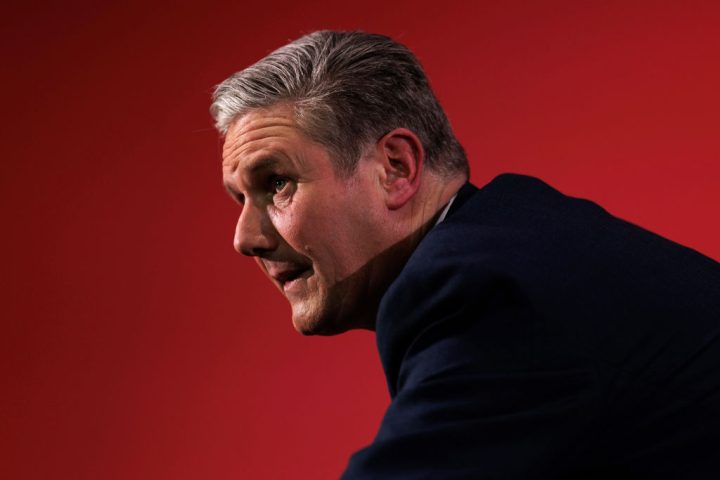Another day, another story about Labour’s plans to ditch its pledge to spend £28 billion a year on green investment. The Guardian reports that party sources say the policy is destined for the chopping block – despite Keir Starmer saying on Thursday at the party’s business conference that the plan to spend £28 billion a year on green investment in the second half of the parliament remains in place so long as it meets the party’s fiscal rules.
Already a subscriber? Log in
Subscribe for just $2 a week
Try a month of The Spectator Australia absolutely free and without commitment. Not only that but – if you choose to continue – you’ll pay just $2 a week for your first year.
- Unlimited access to spectator.com.au and app
- The weekly edition on the Spectator Australia app
- Spectator podcasts and newsletters
- Full access to spectator.co.uk
Or





















Comments
Don't miss out
Join the conversation with other Spectator Australia readers. Subscribe to leave a comment.
SUBSCRIBEAlready a subscriber? Log in